NIH-Rwandan Health Program
Established in 2016, the NIH-Rwandan Health Program is an international collaborative effort to help build an NIH-trained research workforce in Rwanda. The fellows are physicians who spend a year at NIH and then return home as clinician scientists to conduct research and help improve health of Rwandans. The program is led by Dr. Anne Sumner, senior investigator at the National Institute of Diabetes and Digestive and Kidney Diseases (NIDDK), and Dr. Eliseo J. Pérez-Stable, NIMHD director. The Rwandan Ministry of Health supports the program as well. The program encourages research capacity building and workforce development, 2 important areas supporting the NIMHD mission. Read about the research conducted by Rwandan fellows in this program.
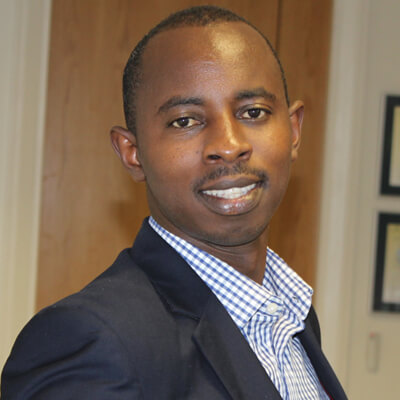
Dr. Jean de Dieu Gatete developed an alternative test to address the low sensitivity of the most commonly used diagnostic in Africa that results in the world's highest prevalence of undiagnosed diabetes.
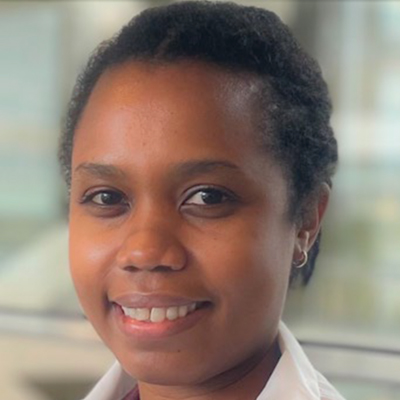
Rwandan physician M. Grace Duhuze Karera’s NIH-funded research studied low-cost ways to screen for and treat diabetes and how they can be applied in Rwanda.
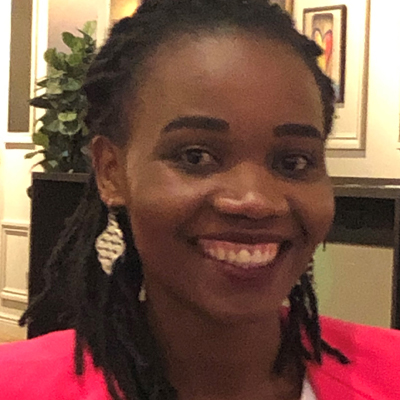
Dr. Ishimwe's study found if traditional BMI cutoffs were used to screen for Abnl-GT, Africans with β-cell-failure would be disproportionately underdiagnosed.
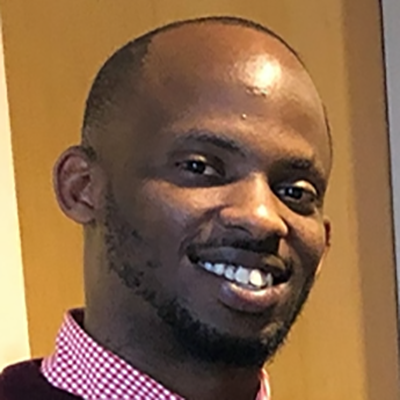
Telling people who previously thought they were healthy that they have diabetes is a pivotal moment. Dr. Arsène F. Hobabagabo, the fourth Rwandan physician to complete the NIH-Rwandan Health Program, has done that many times.

Each year, the NIH-Rwandan Health Program welcomes a physician from Rwanda who is committed to becoming a clinician scientist.
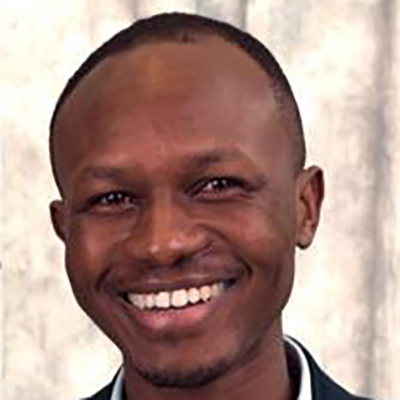
Rwanda is among the world’s poorest countries and has been recovering from the 1994 genocide in which about 800,000 people, mostly of the Tutsi minority, were killed.
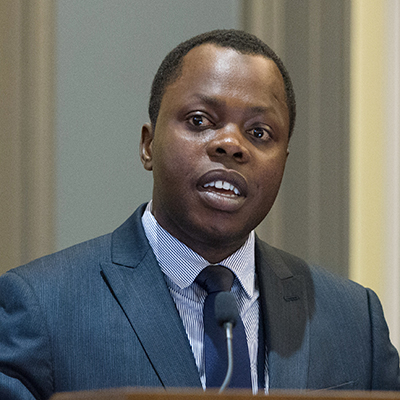
Dr. Utumatwishima is the first graduate of the National Institutes of Health’s Rwanda fellowship, which serves as a yearlong program geared towards training a Rwandan physician to become a clinician scientist.
Page updated Nov. 15, 2024
























